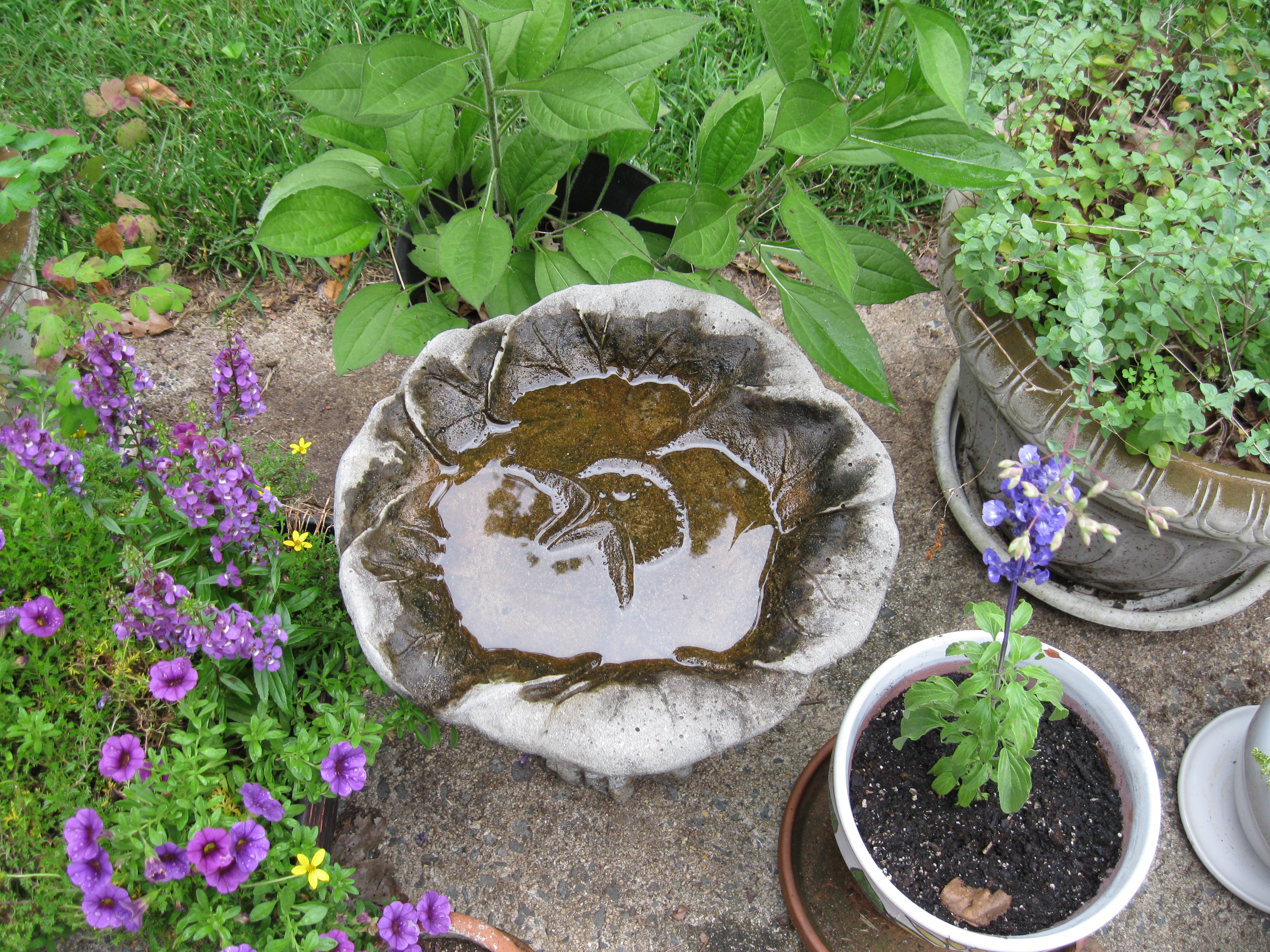When I Am Asked by Lisel Mueller

I’m not at all sure that June is the right time for grief. But I’m in the process of revising my book, and that’s what I’ve been working on these last couple weeks. It’s interesting. I’ve tended, for a variety of reasons, to look at grief more in November—that’s when I tend to hear and feel most the voices of grief—and to feel a resonance between those voices and the waning light. Now, in a sense, I feel as if I’ve been looking at grief out of season.
We’ve also had an especially mild summer so far, with cool, fresh mornings, the windows open, the kind of air that makes me want to be out of doors, walking, and out working in the yard and garden. I’ve been finding a rhythm of writing and then working outside. I’ve cleared and swept the patio and some of the flower beds. I’ve transplanted purple salvia—and dug up an enormous fern for a pot on the patio. I’ve gotten water back into the birdbath and the birds have been coming for drinks. A hummingbird has found the purple salvia.
The voices of grief in a new place—a greener, flowering place—with a hummingbird.
There’s a poem by Lisel Mueller that speaks to this contrast—the contrast of grief and summer. It begins this way:
When I am asked
how I began writing poems,
I talk about the indifference of nature.
It was soon after my mother died,
a brilliant June day,
everything blooming.
I sat on a gray stone bench
in a lovingly planted garden,
but the day lilies were as deaf
as the ears of drunken sleepers
and the roses curved inward.
Nothing was black or broken
and not a leaf fell
and the sun blared endless commercials
for summer holidays.
I can see this—I can see how summer could seem indifferent to difficult feelings and difficult experiences. In her case this itself becomes a catalyst for writing. The poem continues:
I sat on a gray stone bench
ringed with the ingenue faces
of pink and white impatiens
and placed my grief
in the mouth of language,
the only thing that would grieve with me.
Placing grief in the mouth of language. This seems important—and wonderful.
I can also see how these kind of days—these cool, fresh mornings—could have the potential to offer a kind of balm for grief—as if one were allowing the voice of grief to emerge for a time in a new location—a kind of healing place. With the possibility of finding language there too—in the cool, wet green of summer mornings.
___________________________________
Photo from my patio garden.
